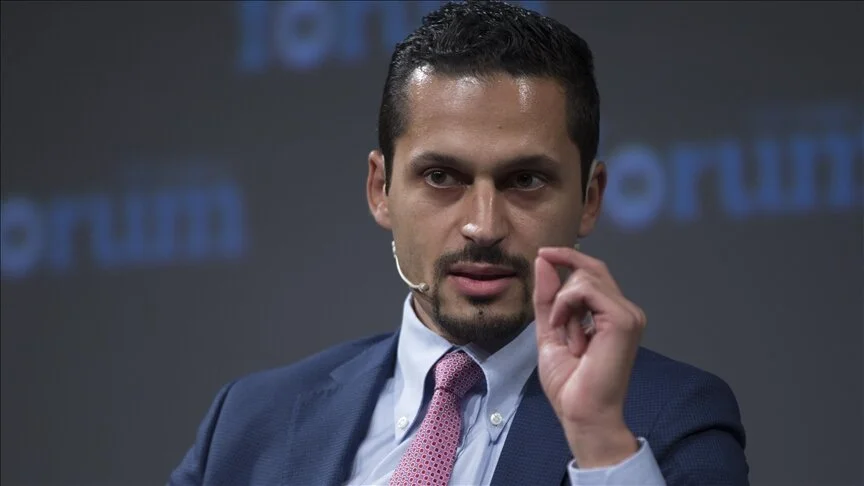

By Anadolu Agency
ATHENS
The West’s anti-Palestine policies and perspectives, generally portrayed as solidarity with Israel, are closely intertwined with rising Islamophobia in those nations, according to a prominent political scientist.
“There is an important geopolitical dimension in this state of affairs. The idea is if you weaken the Muslims, their resilience, their institutions, there would be less support for the Palestinian cause,” Farid Hafez, a leading expert on Islamophobia and visiting professor of international studies at Williams College in the US, told Anadolu.
“By identifying Palestinians with extremism through Islam – even though the Palestinian population includes significant portions of Christians and seculars – the pro-Israel, Zionist establishment in the West tries to suppress voices supporting Palestine, be it in media, business or on university campuses.”
This misrepresentation of Palestinians is a “very deliberate and cynical undertaking” that goes hand in hand with the push to depict Israel as an extension of Europe and the only democracy in the Middle East, he said.
“Islamophobia is used in this as a trick to reframe the (Palestinian) struggle for territory, which is political, as a cultural, religious and civilizational one,” said Hafez.
He pointed out that this was not always the case, using the entangled history of Jews in Europe to illustrate the point.
“Jews and Muslims were excluded in Europe and eventually expelled from the Iberian peninsula in the late 15th century, where they constituted a significant portion of the population, or forced to convert to Christianity,” he said.
“The persecution of those Jews who stayed in Europe mostly continued for hundreds of years, as Christian White Europe saw them as the Oriental within Europe through the lens of racism. Only after 1948, when Israel was founded as an extension of European imperialism in the East, the status of Jews was elevated and Muslims turned into new major outsiders.”
Islamophobia’s march to the center
Islamophobia, once dismissed as an extremist tendency limited to the margins, is now a central issue in Europe, as major political forces, including some center-left parties, are “embracing Islamophobic claims and putting them into practice,” according to Hafez.
The views and policies of the far-right and parties on the center of the political spectrum are converging, he said, with their main differences being over “how to address the Muslim question.”
While the far-right proposes completely getting rid of Muslims, which is impossible to do without genocide, the centrist parties are adopting a longer-term strategy, he explained.
“Their idea is a different one, which is to get rid only of the few Muslims they perceive as a threat. Then reform all of the rest, to be fully obedient and succumb to the state and not resist in any form – completely assimilate them,” he said.
A particular case of European political othering rooted in Islamophobia would be Türkiye’s President Recep Tayyip Erdogan, as seen through the polemics of Dutch far-right politician Geert Wilders targeting him, said Hafez.
“Erdogan represents the other religious Europe that has no place in a Western, white imaginary. And people of Turkish origin living in Europe are often seen as a fifth column, a puppet of Türkiye with no independent agency,” he added.
We use cookies on our website to give you a better experience, improve performance, and for analytics. For more information, please see our Cookie Policy By clicking “Accept” you agree to our use of cookies.
Read More